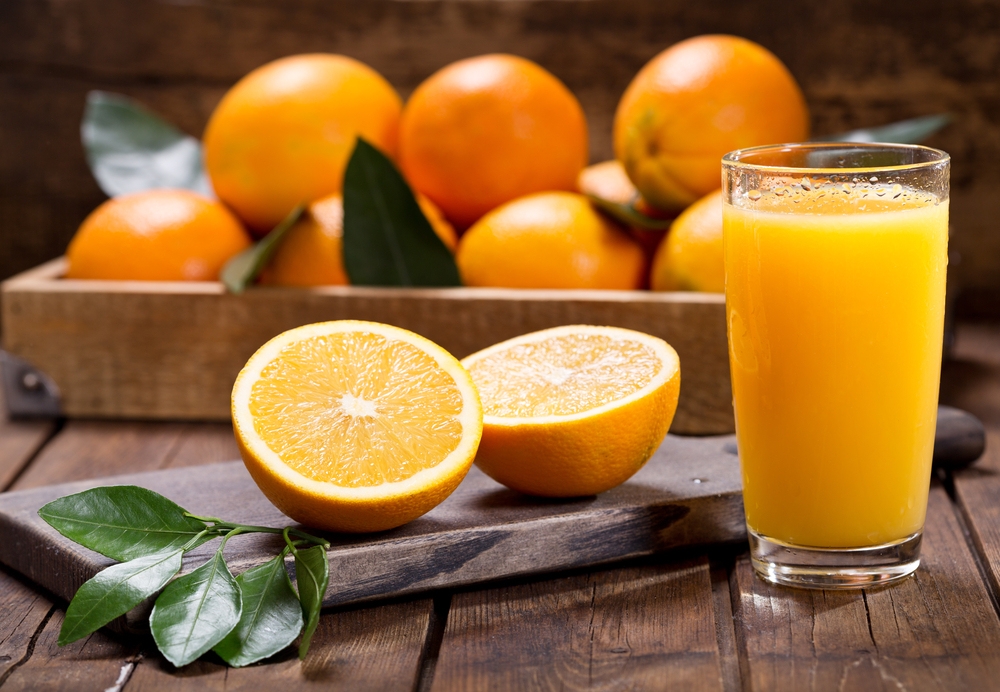
When winter comes, there are fewer and fewer fresh fruits. But at this time, there is a kind of fruit that can’t bear loneliness and makes the fruit stall lively. This kind of fruit is orange.
Crystal sugar orange, granulated sugar orange, Nanfeng tangerine, Huangyan tangerine, oranges of different varieties, one by one, row by row on the shelves, crowded one by one, rubbing shoulders and heels, orange of different shades seems to be the small sun in winter, which makes people feel brighter.
The orange family is not only attractive in appearance, but also very attractive in taste. The rich citrus fragrance and sweet and sour juicy taste often make people unable to help one after another. At this time, people around them may give [advice]:
Oranges are easy to get angry and cannot be eaten more.
So, is this statement reasonable? Is it necessary to control the total amount of oranges?
Native [little sun], delicious and nutritious
Orange is a native fruit in China.
There are records of [Jiangpu Orange and Yunmeng Pomelo] in < Lu’s Spring and Autumn Annals >. Archaeologists found that oranges were cultivated in our country as early as about 2000 BC.
After years of breeding and cultivation, there are many orange varieties on the market now, all of which have the characteristics of abundant fruit juice, sweet and sour taste, and the nutrition is the same. The prominent feature is that the vitamin C content is relatively high, with an average of 28 mg/100 g. Although it is not as high as fresh jujube and seabuckthorn, it is relatively high in common fruits.
Although oranges are delicious, if you eat too much, sometimes you will suffer from throat discomfort. Some friends will think that this is [irritated]. In fact, this may be caused by the delicious oranges.
It’s too delicious to provoke [fire]
Oranges are sour and sweet, and taste very good, making it easy to eat a lot.
However, when we eat sweet orange valves in our mouth, people often forget the [acid] in oranges. Oranges contain a lot of organic acids. If we eat too many oranges, a large amount of organic acids can stimulate the mucous membranes of the oral cavity and throat, which will make people feel sticky and greasy in the mouth and tongue and dry in the throat.
Therefore, after eating a lot of oranges, if you feel discomfort in your mouth and irritation in your throat, one possible explanation is the disaster caused by too much acid.
Oranges are delicious, don’t overdo them.
One reason why oranges are orange-yellow is their high carotene content. For example, sugar oranges can contain up to 1.3 mg of carotene per kilogram. Carotene can be converted into vitamin A in the body, which is good for maintaining normal eyesight.
However, if you take too much carotene at one time, carotene may exceed the human body’s demand, resulting in [carotenemia]. If you eat too many oranges, orange-yellow carotene in oranges can [dye] yellow skin, causing yellowing of palm, foot and chest skin, which is often mistaken for hepatitis jaundice.
However, don’t worry, this yellowing state of skin is reversible. As long as you stop eating oranges, the body can slowly metabolize excess carotene and the skin color will return to normal.
Tips for Eating Oranges: Ice Sweet Oranges
Like most fruits, oranges also contain a large amount of fructose. This sugar has a characteristic that the lower the temperature, the sweeter we taste.
So, next time you eat oranges, don’t heat them up. If you want to taste sweet oranges, give them some cold space.
